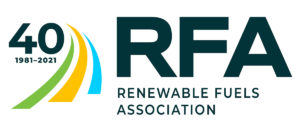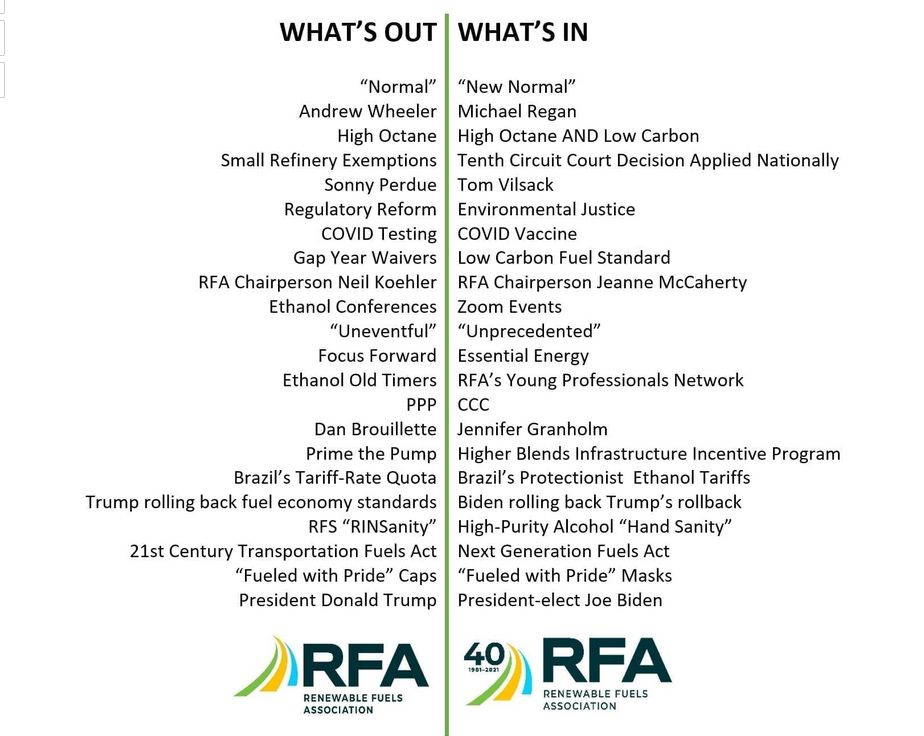
Photo provided by MS Farm Bureau
“I was disgusted by the events of last Wednesday,” he said in answer to a reporter’s question. “I believe in the best interests of the agency, in order to ensure a smooth transition to my successors, it’s important for me to stay on.”
Wheeler was in Mississippi to announce a $2 million dollar initiative that encourages smart and sustainable pest control in agriculture. The initiative, which is an extension of EPA’s Pesticide Environmental Stewardship Program (PESP), expects to award grantees up to $200,000 to implement sustainable pest management practices that align with the agency’s goal of providing a healthier environment for all Americans.
“EPA wants farmers to choose what they can use in their fields and not have it chosen for them,” said Wheeler.
Listen to Wheeler’s remarks and press questions here:
EPA chief Andrew Wheeler in Mississippi (15:28)


 Late Friday, the U.S. Supreme Court agreed to review the 10th Circuit Court decision
Late Friday, the U.S. Supreme Court agreed to review the 10th Circuit Court decision  Iowa Governor Kim Reynolds will once again join other biofuel supporters from around the country at the Virtual
Iowa Governor Kim Reynolds will once again join other biofuel supporters from around the country at the Virtual  Farm and biofuel
Farm and biofuel  This week, the Environmental Protection Agency
This week, the Environmental Protection Agency  The
The  Pulitzer Prize winning author and energy expert Daniel Yergin will be a keynote speaker at the 26th annual
Pulitzer Prize winning author and energy expert Daniel Yergin will be a keynote speaker at the 26th annual  The
The  The
The 